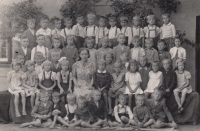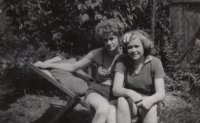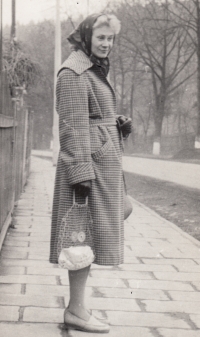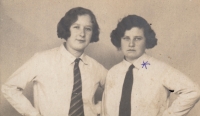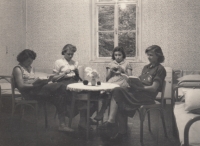When State Security came to the factory to get me, I was 16.
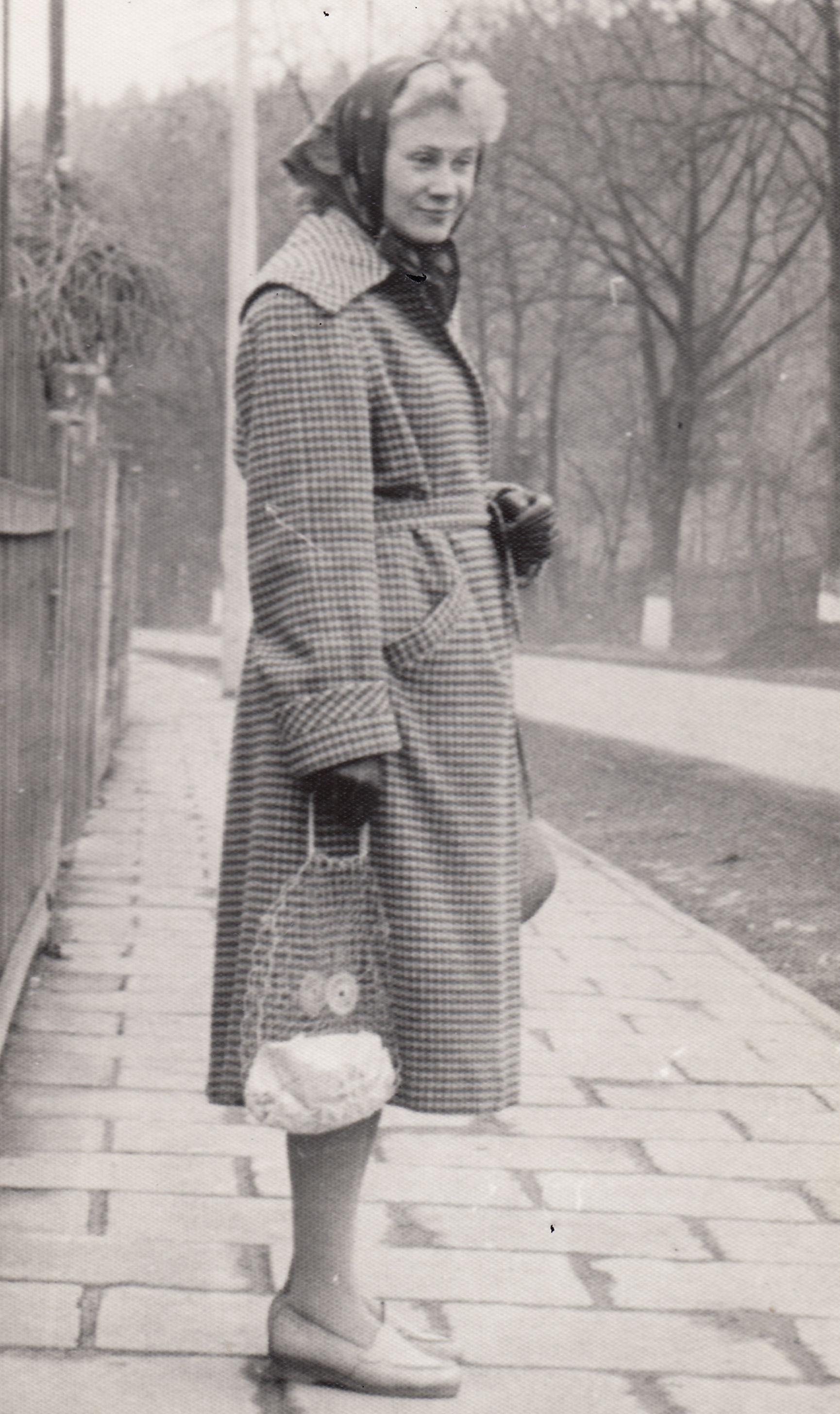
Stáhnout obrázek
Helena Pohořelská, born Fryblíková, was born on 20 August 1937 in Březce, Olomouc. From her childhood years, she remembers mainly late war scenes: a German medical train shot by the Soviets, which was looted by the locals immediately afterwards, the explosion of a Soviet tank, which was hit by a grenade by the retreating Germans, or the fact that the Soviets were forbidden to go to the toilet for hygienic reasons. After the war, her parents moved to Sternberg, where they occupied a house left by the Germans. And because her father, Alois Fryblík, worked as a guard in a concentration camp for Sudeten Germans awaiting deportation, the family was able to request a German woman to work at home. During elementary school, Helena had a girls‘ club called „The Boys‘ Avengers“, in which the girls wrote and directed theatrical fairy tales for preschool children. With the advent of the Pioneer youth organization, the club was ordered to close. In 1952 Helena joined the Chronotechna in Šternberk as an apprentice toolmaker. Although she lived in the town, she had to live in a boarding school where education was conducted in the Stalinist spirit. In her second year, the State Security came to the factory to pick her up and interrogated Helena for several hours - they wanted to know if and which of the apprentices had uttered a profanity against the Communist Party in the common room. Despite being shouted at and threatened, she said nothing. In her most difficult moments, she clung to the image of the Soviet partisan Zoya, who had been captured, tortured and executed by the Nazis during the war. Helena Pohořelská worked all her life in Chronotechna in Šternberk. At the time of the interview in 2024, she was still living in Šternberk.
